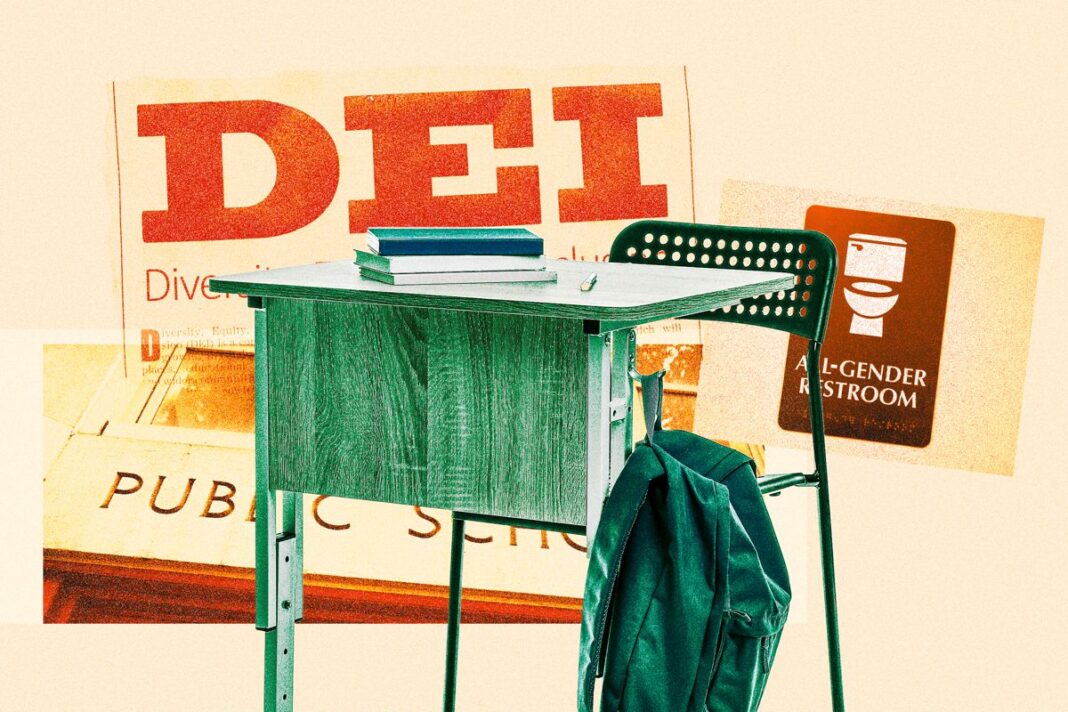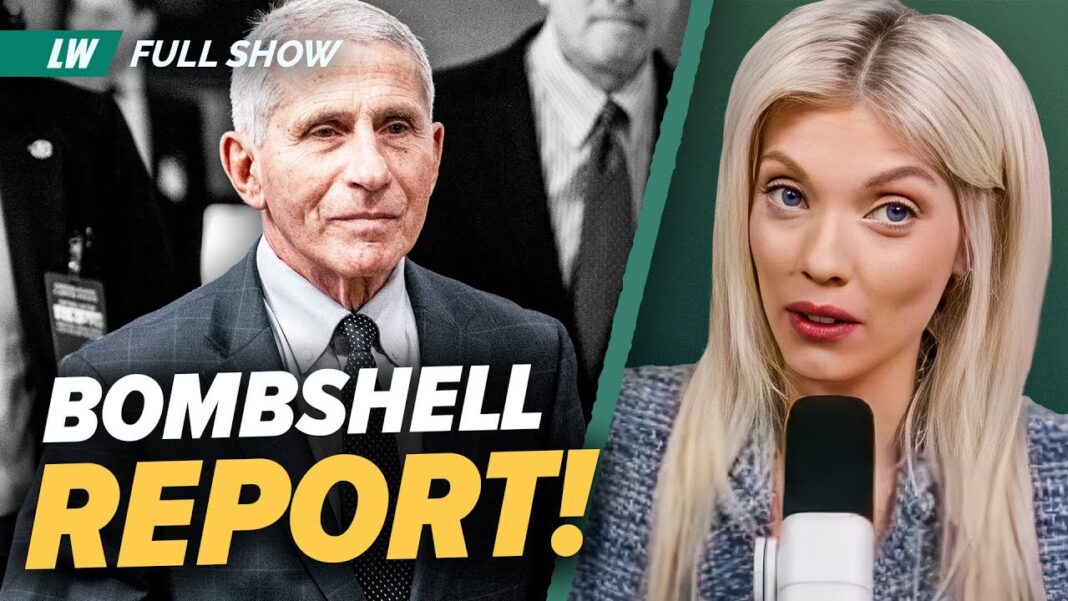
A nuclear expert at Princeton says the Trump administration could make a deal with Iran based on ’strict verification measures.’
Since returning to the White House, President Donald Trump has handed an olive branch to the Iranian regime but has also said categorically he will prevent the country from getting a nuclear weapon.
On Feb. 4, Trump reinstated the “maximum pressure” strategy of his first administration, which saw the United States withdraw from the 2015 Iran nuclear deal and impose new economic sanctions against the country.
The following day, the president posted on Truth Social: “I would much prefer a Verified Nuclear Peace Agreement, which will let Iran peacefully grow and prosper.”
“We should start working on it immediately, and have a big Middle East Celebration when it is signed and completed. God Bless the Middle East!” he wrote.
So how might relations between Iran and the United States develop over the next four years? Could a deal be reached, or will it end in a military showdown?
A Verified Agreement
Olli Heinonen, former deputy director general of the International Atomic Energy Agency (IAEA), told The Epoch Times he found it interesting Trump referred to a “verified” nuclear peace agreement.
“Very often we have heard in the past ’verifiable’ agreements. This could mean that the deal will only be in force when the verification of undertakings has been completed,” he said.
Heinonen said if that was the case, it would be different from other attempts at making nuclear deals, such as the Agreed Framework in 1994 or the Six-Party Talks, both with North Korea, or the Joint Comprehensive Plan of Action (JCPOA) with Iran in 2015.
“The difference is that Iran should fill all requirements before it can have the benefits of the agreement fully available,” Heinonen said.
“In other words, no wishful thinking where benefits become available automatically with time regardless of Iran’s compliance, for example, certain restrictions like number of centrifuges or embargoes end after certain periods of time.”
Tehran repeatedly said that its nuclear program is solely for peaceful purposes and that it has declared all of the nuclear material, activities, and locations required under an agreement it has with the IAEA.






